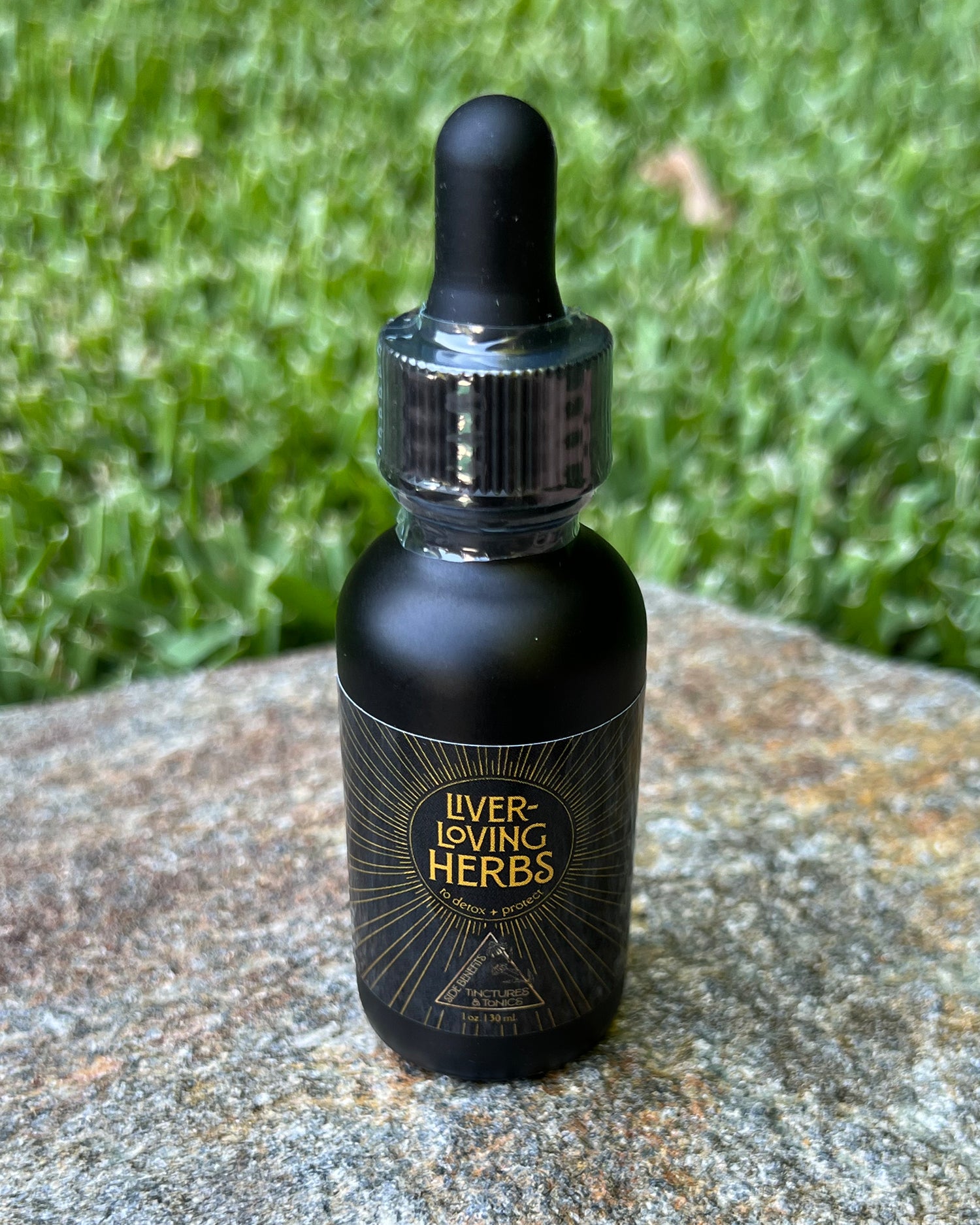Around 35% of Americans regularly get less than seven hours of sleep each night and around 70 million of us suffer from insomnia. Poor sleep doesn’t just negatively impact the immune system, overall health and wellbeing…we have become a nation of tired, irritable and depressed people because of a lack of quality sleep. And chronic lack of sleep is linked with an increased risk of heart disease, stroke, diabetes, high blood pressure, cancer, mood disorders and other serious conditions.
Caffeine + Alcohol Disrupt Sleep
Alcohol and caffeine have surprising impacts on our sleep. Caffeine is a psychoactive stimulant that wakes you up (hence why we love it). What you may not be aware of is the duration of the action of caffeine. It has a half-life of five to six hours, meaning it still circulates in the system and it has a quarter-life of 12 hours. For example, if you have caffeine after 2 pm, it makes it that much harder to fall asleep or stay asleep. Caffeine also changes the quality of sleep. It can change the amount of deep, non-rapid eye movement sleep that we have – the type of restorative deep sleep we need to feel refreshed and restored in the morning.
As for alcohol, you may be thinking that a nightcap is just what you need to knock yourself out after a long day. But alcohol is anything BUT a sleep aid – it is actually very problematic because we’re essentially just sedating ourselves. Drinking alcohol doesn’t allow us to get quality, natural sleep because the alcohol prevents our brain from entering non-REM sleep, it leads to fragmented sleep (ever just wake up in a panic? I sure do), and it blocks REM sleep (aka restorative “dream sleep”).
Blood Sugar + Sleep Connection
There is a solid connection between sleep disturbances and high blood sugar levels. Waking up in the middle of the night may signal blood sugar issues. As your body becomes mildly hypoglycemic after a long period without food, stress hormones that raise blood sugar are released, causing you to wake up. If this is happening to you, try having a little protein before bed to help stabilize blood sugar.
Insufficient Sleep + Weight Gain
Did you know that both the quality and quantity of sleep you get affects how much you weigh? People who are sleep deprived tend to weigh more because hunger hormones are disrupted. Leptin (the hormone that tells you when you are full) is decreased, and ghrelin (the hormone that tells you when you’re hungry) is increased. Studies show when we’re tired, we crave foods that are higher in fat, sugar and salt. Now you have a scientific reason why you wake up craving a breakfast burrito or even a donut after a crappy night’s sleep.
Sleep to Prevent Cognitive Decline
Not only does getting good deep sleep feel great, it may also protect against Alzheimer’s disease – a disease for which there is no cure and no treatment. Sound scary? IT IS SCARY. So why not do everything in your power now to prevent it. And if that means avoiding fake food and hitting the hay a little earlier, sign me up for that. As we age, the depth of our sleep – which is necessary for the brain to wash away toxic proteins and waste – gets lighter – making it very, very important to make sleep a major priority in your life.
Develop a Bedtime Routine
Getting to sleep isn’t always as simple as climbing into bed and shutting off the lights. Circadian rhythms, hormones like melatonin, and even the neurotransmitter dopamine play a role. I recommend creating a bedtime routine for yourself –– nothing stimulating at least 1 hour before bed; turn off all screens; read; listen to a book on tape; meditate; stretch; use calming essential oils (I love Doterra’s Balance); take a hot shower; dim the lighting; and/or practice deep breathing. Sip a cup of Lemon Balm or Passionflower tea (its sedative effects have been studied) to help calm you before bed. Adaptogenic herbs such as Chinese skullcap and Holy Basil (aka Tulsi) are also something else you could incorporate into your sleep routine as they have calming, sedative effects (also great for anxiety). Magnesium is a mineral that I also recommend adding to your bedtime routine. This essential nutrient relaxes muscles and aids sleep. If we don’t have enough, we feel tired and weak. If you’re curious why I haven’t mentioned supplementing with melatonin – melatonin can suppress morning cortisol, which can throw many hormonal and physiological processes off. Too much or bad timing can cause morning drowsiness. So, without assessing your bio-individual needs, I don’t recommend trying it unless you first consult with a qualified holistic nutritionist like myself.
Without great sleep, our bodies aren't getting the valuable time needed to restore. Aim to keep your life as slow and simple as possible and practice sleep hygiene to allow your body to receive a much-needed reset while you sleep, benefitting your everyday sense of wellness, and ultimately preventing disease.






